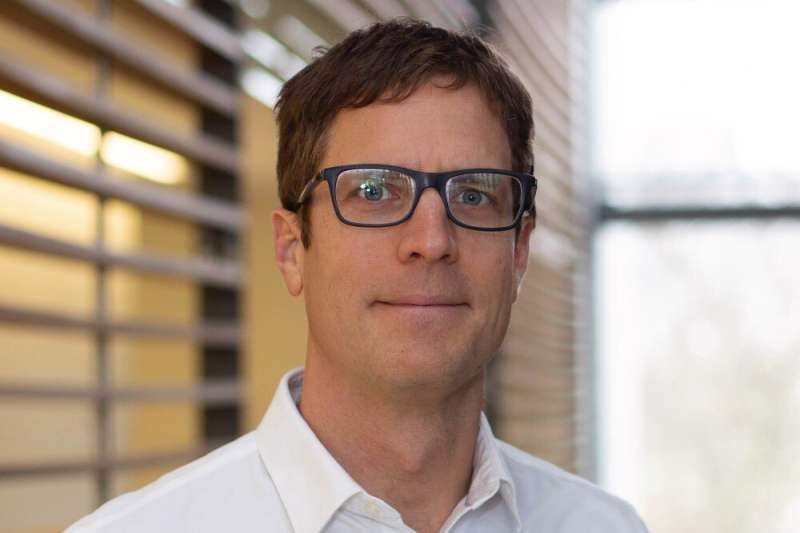
Patients in most countries of the world do not have access to basic cancer medicines, according to new research from Queen’s University’s Christopher Booth (Oncology) and collaborators at the World Health Organization (WHO). Their paper, published in The Lancet Oncology, asked oncologists worldwide to list the most important cancer medicines and to describe whether patients could access these medicines in their home country.
Dr. Booth, whose research program explores how cancer care can be optimally delivered in routine practice, become involved in global oncology after taking a sabbatical in India in 2016. Global oncology is a movement that seeks to ensure patients have access to high quality and affordable cancer care regardless of where they live.
For the past few years, Dr. Booth, who is the Canada Research Chair in Population Cancer Care, has served on the WHO essential cancer medicines working group, where they provide advice to the WHO about which cancer medicines should be prioritized by governments and health systems worldwide. Since 1977, the WHO updates and releases an Essential Medicines List (EML) every two years. This list helps policy-makers worldwide prioritize which medicines to provide for patients.
To gather information for the paper, Dr. Booth and his team surveyed 948 frontline cancer doctors from 82 countries to learn which cancer medicines they considered the most important for patient care. The research team found that the most important medicines identified by oncologists are primarily older inexpensive chemotherapy and hormone medicines. With one exception, all of the top 20 high-priority cancer medicines are already included on the EML. Oncologists consider these medicines to be the most important because they have large benefits for patients across many common cancers.
The second major finding was that in most health systems, patients are unable to afford even these basic cancer medicines. In lower/middle-income countries, most patients face major financial barriers to accessing anticancer medications—even the older, generic, and inexpensive chemotherapy drugs. Financial barriers were identified in many high-income countries as well.
“Our research team hopes that these data will highlight the massive problem faced by most patients worldwide who cannot access essential cancer medicines because they are unaffordable,” Dr. Booth says. “The oncology community needs to speak in solidarity and work with health system leaders to change the way in which cancer medicines are purchased and distributed. We can learn from our colleagues in the HIV community who faced similar problems decades ago—through advocacy and by using a variety of policy tools they were able to make HIV medicines more affordable for patients worldwide.”
Dr. Booth hopes this research draws attention to the problem of access. The next step will be to better understand specific barriers to accessing affordable cancer care in each health system. While there are a variety of drug policy tools that can be used to make medicines more affordable, it will take advocacy by oncologists, patients, and the public to make this happen.
Source: Read Full Article
